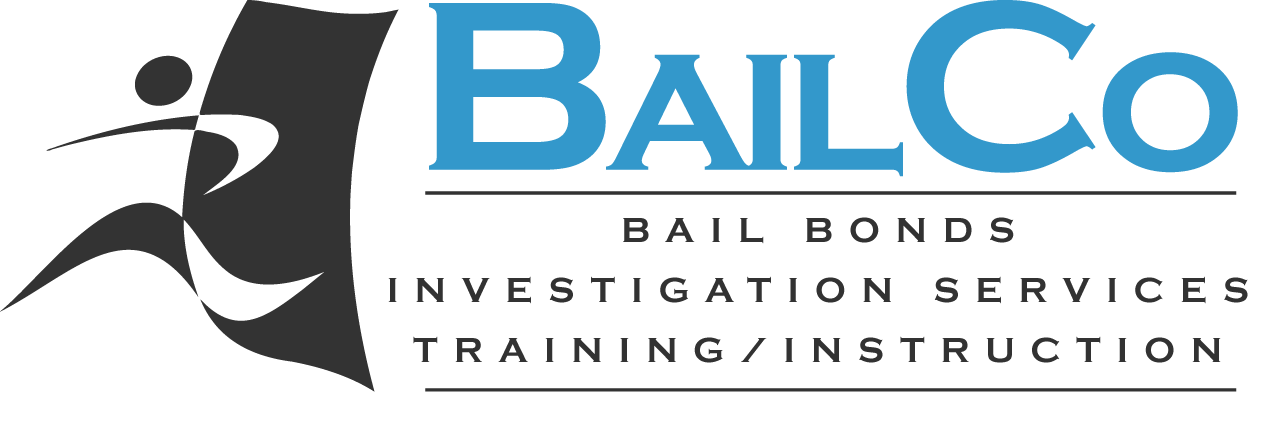In both my professional and my personal life, I’ve encountered the causes and consequences of drug addiction many times. These experiences have given a perspective on addiction, and on the “war on drugs”, that I’d like to share with you.
First, a little background information. In 1971 the “War of Drugs” was introduced by then-president Richard Nixon, as the popular name for a set or policies intended to discourage the production, distribution, and consumption of illegal drugs. Drugs were declared public enemy number one. Fast forward 48 years, and this ongoing war comes with a price tag of approximately 50 Billion dollars a year. Almost 50 years of the war on drugs, it’s fair to say we’ve accomplished very little. It seems to me the only benefactors are those earning a living from the war; The losers are those with addictions, the taxpayers and god knows how many innocent civilians who have have lost their lives as a result.
Connecticut has passed laws with increasingly harsh penalties for the possession of drugs and drug paraphernalia. This has led to full prisons but has had little to no effect on rates of drug abuse; in fact, such laws have often seen the number of drug users increase. Treatment and rehabilitation centers have had their effectiveness compromised by a lack of support and resources.
Today the state often decides not to prosecute low level offenders: however, at the other end of the scale, defendants with serious drug charges to answer are often let off the hook, much to the frustration of law enforcement. I can’t imagine how it must feel to be a police officer, risk your life to make an arrest and spend hours processing and writing reports only to watch the defendant walk free while knowing that they will almost certainly reoffend. Again, it is the taxpayer who funds this cycle.
Many in the justice system know that the system is not working. Programs are in place to treat those with addictions but sadly fall far short of what is needed. There is a program some cities are trying where police officers who determine a defendant has an addiction can choose not to arrest them and bring them to a facility where CCAR Recovery Coaches will offer help and support. An innovative program, and certainly a step in the right direction, but still lacking.
I’m not aware of a single instance in US history where freely available substances have been banned effectively: in fact, prohibition stands as a perfect example of the futility of such measures. 48 years is enough. Lets take that $50bn and spend it addressing the causes and consequences of drug abuse. Addiction will never be eliminated: we could create a lot of good by trying to mitigate the damage.
